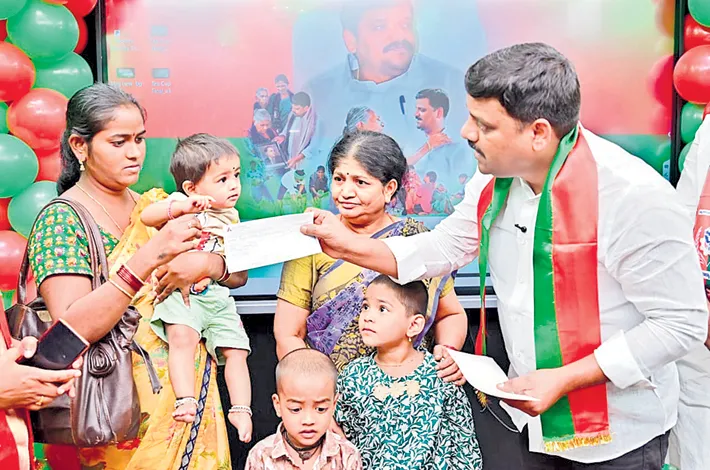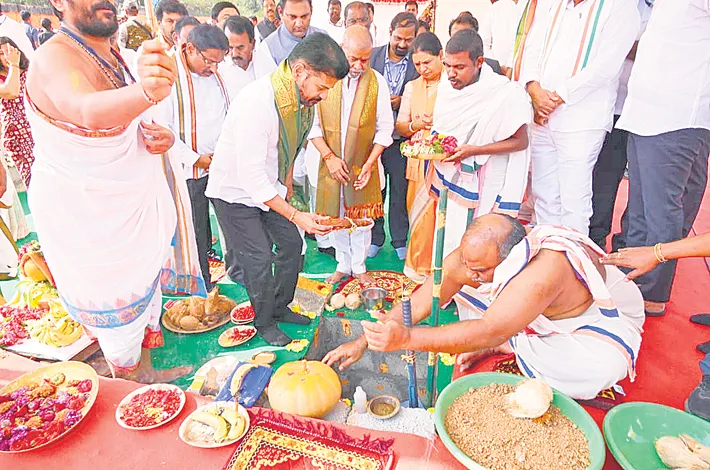DIGNITY at sunset years please!
01-06-2025 12:00:00 AM

One way to achieve this is by promoting intergenerational relationships and encouraging families to take on the responsibility of caring for their elderly parents. This can be done by creating awareness about the importance of elder care and providing resources and support to families who are caring for their elderly parents
As the world grapples with the challenges of an aging population, India is no exception. With a rapidly growing elderly population, the need to take care of advanced-aged parents has become a pressing concern for the younger generation. In the Indian context, where family values and tradition play a significant role, taking care of elderly parents is not only a moral obligation but also a social responsibility.
According to the United Nations, India's elderly population is expected to increase from 104 million in 2011 to 173 million by 2026. This demographic shift poses significant challenges for the younger generation, who are expected to take on the responsibility of caring for their aging parents.
In traditional Indian society, elderly parents were often cared for by their children, who would take on the responsibility of providing for their physical, emotional, and financial needs. However, with the changing social and economic landscape, this traditional support system is slowly eroding.
Many elderly parents are now facing the prospect of growing old alone, without the support of their children. This can lead to feelings of isolation, loneliness, and depression, which can have serious consequences for their physical and mental health.
Moreover, the financial burden of caring for elderly parents can be significant. With increasing healthcare costs and limited social security benefits, many families are struggling to make ends meet. This can lead to a situation where elderly parents are forced to rely on their children for financial support, which can be a significant burden.
In this context, it is essential that the younger generation takes on the responsibility of caring for their advanced-aged parents. This not only includes providing for their physical and emotional needs but also ensuring that they have access to adequate healthcare, social support, and financial security.
One way to achieve this is by promoting intergenerational relationships and encouraging families to take on the responsibility of caring for their elderly parents. This can be done by creating awareness about the importance of elder care and providing resources and support to families who are caring for their elderly parents.
Another way is to develop policies and programs that support elderly care. This can include initiatives such as elder-friendly housing, home care services, and respite care programs. Additionally, governments can provide financial support to families who are caring for their elderly parents, such as tax breaks or subsidies for elder care services.
Furthermore, there is a need to challenge the traditional notion that caring for elderly parents is solely the responsibility of women. Men must also take on an equal role in caring for their elderly parents, and this can be achieved by promoting gender-sensitive policies and programs that support elder care.
In conclusion, taking care of advanced-aged parents is a moral, social, and economic imperative in the Indian context. The younger generation must take on the responsibility of caring for their elderly parents, and this requires a collective effort from families, communities, and governments. By promoting intergenerational relationships, developing policies and programs that support elderly care, and challenging traditional gender roles, we can ensure that our elderly parents receive the care and support they deserve.
As the Indian saying goes, "Matru Devo Bhava, Pitru Devo Bhava" - Mother is God, Father is God. It is our duty to take care of our parents, just as they took care of us when we were young. By doing so, we not only fulfill our moral obligation but also ensure that our elderly parents live their golden years with dignity and respect.








